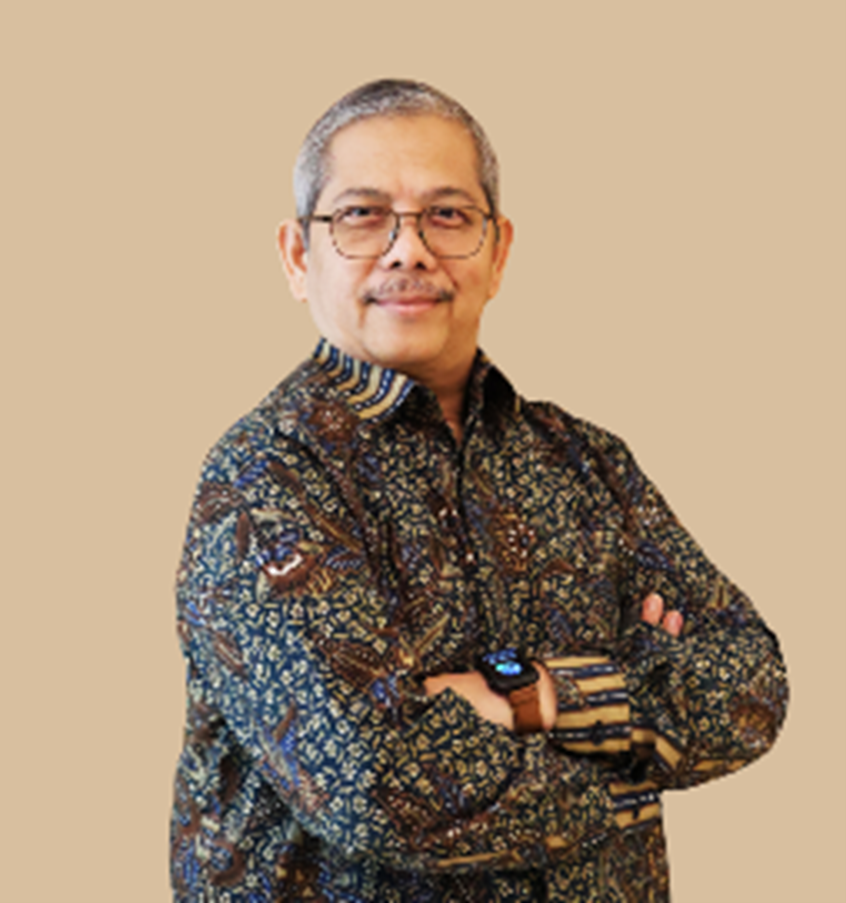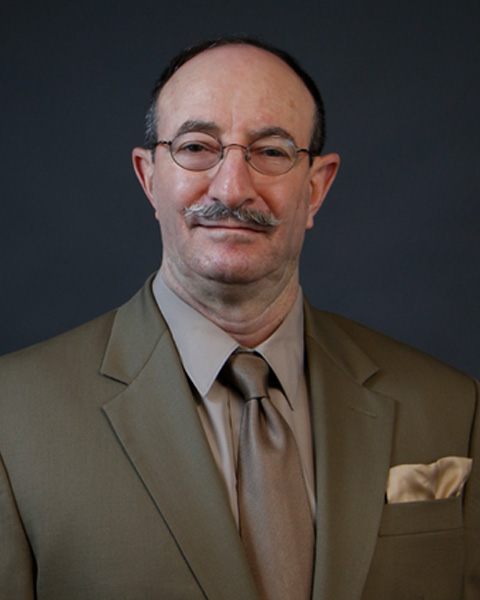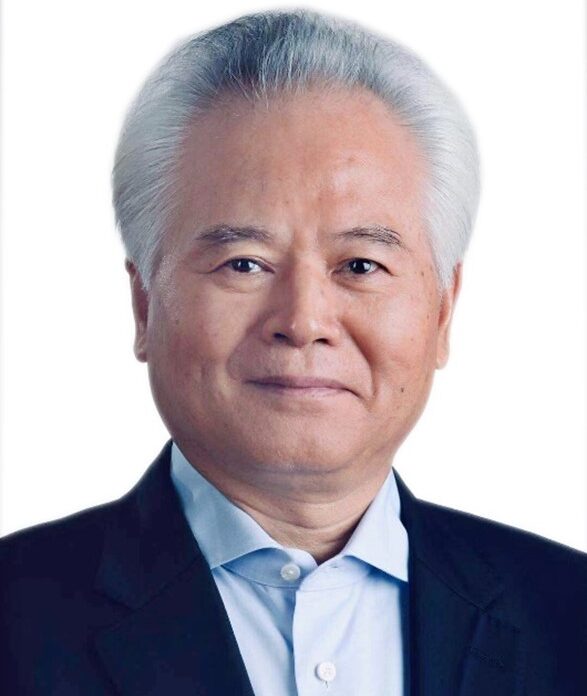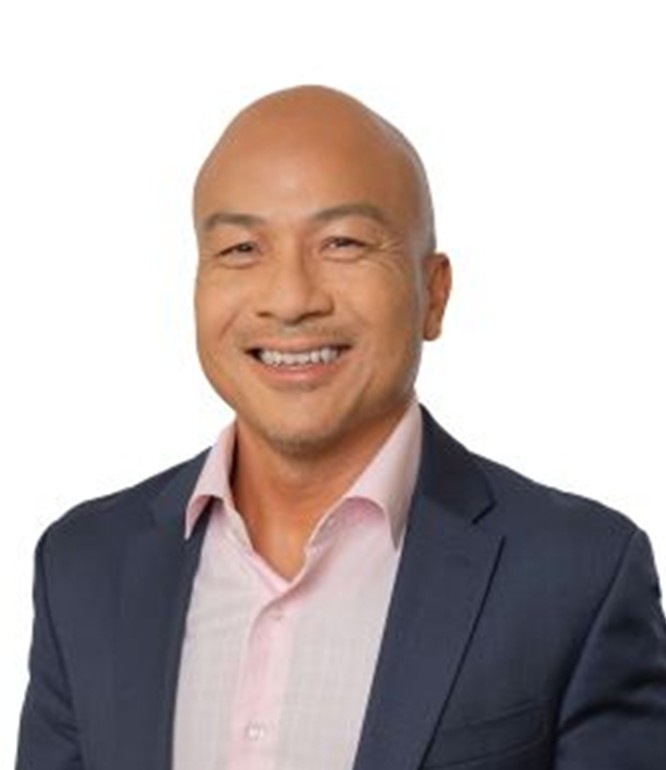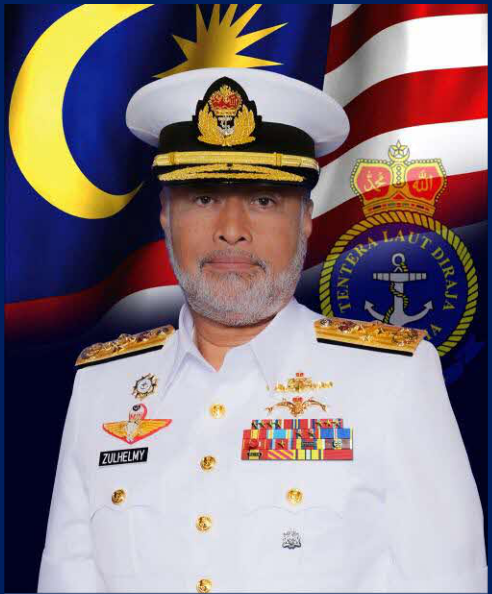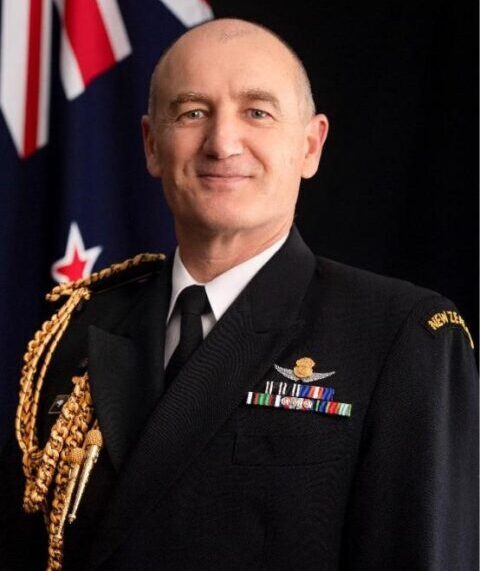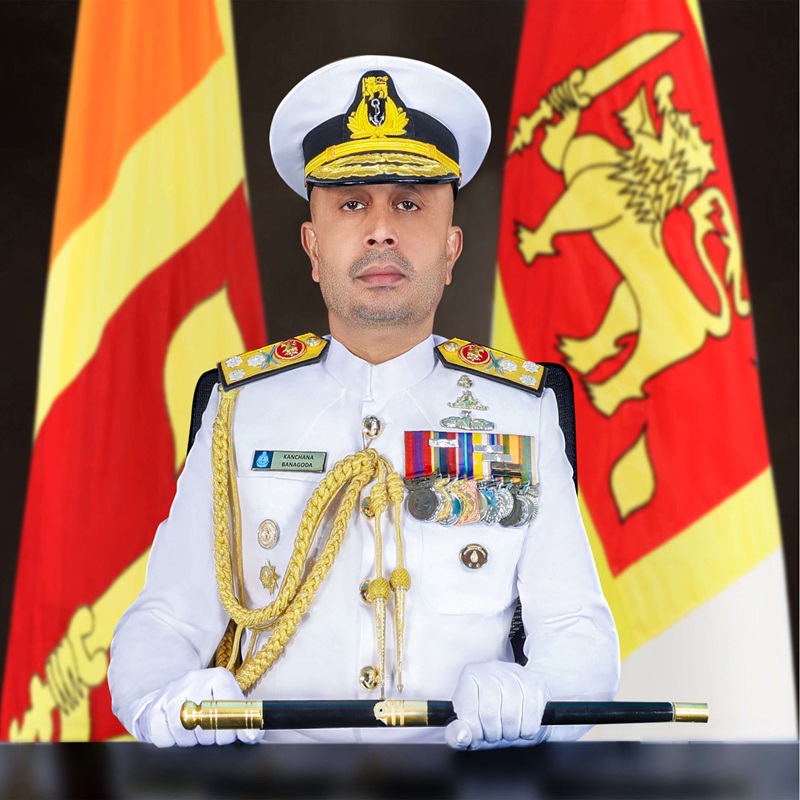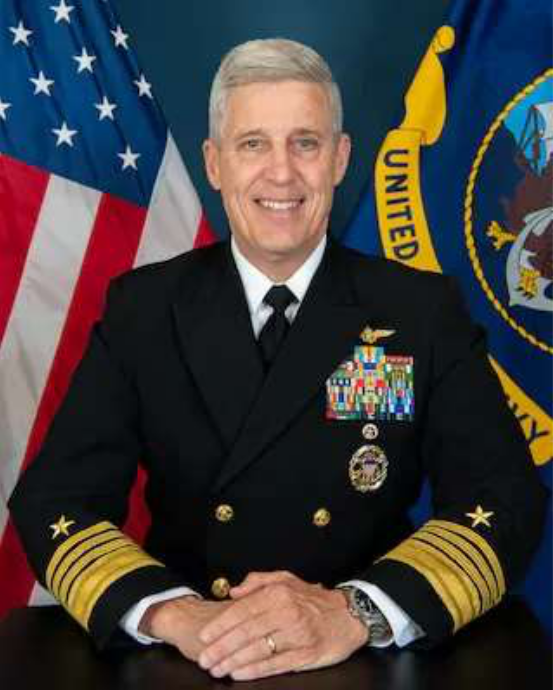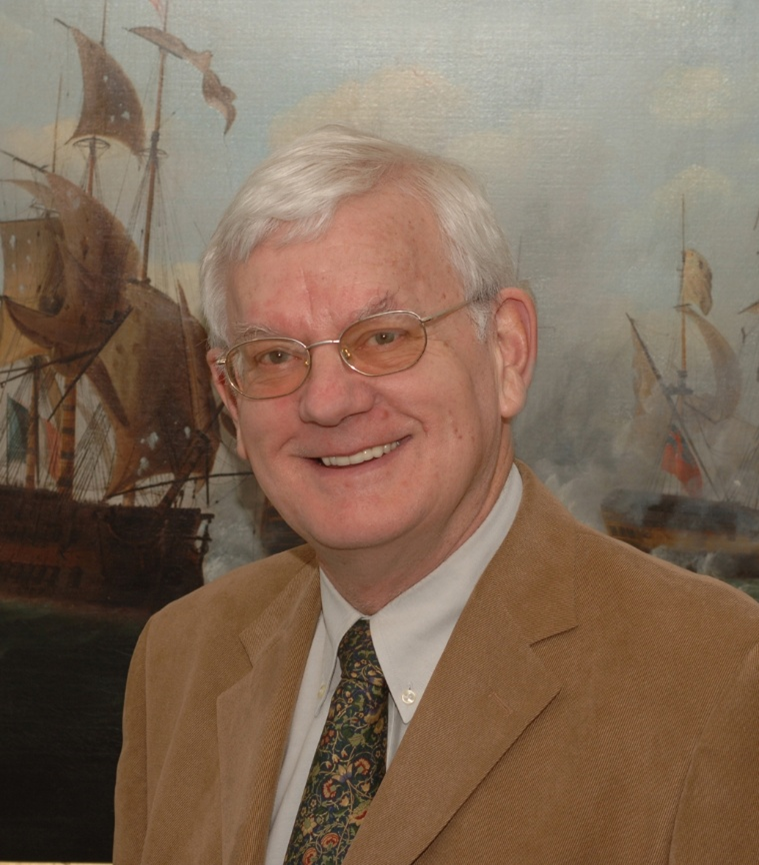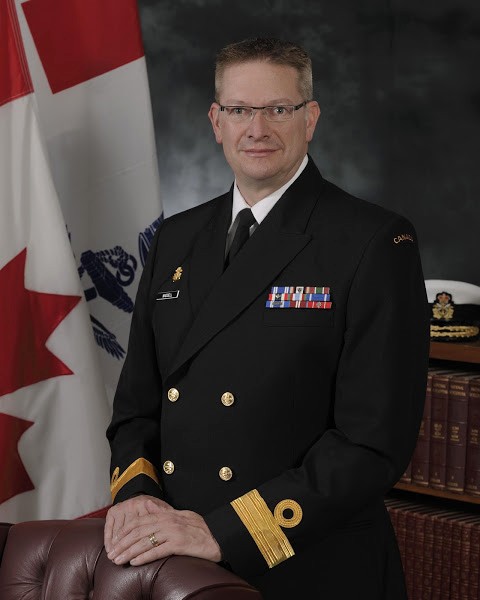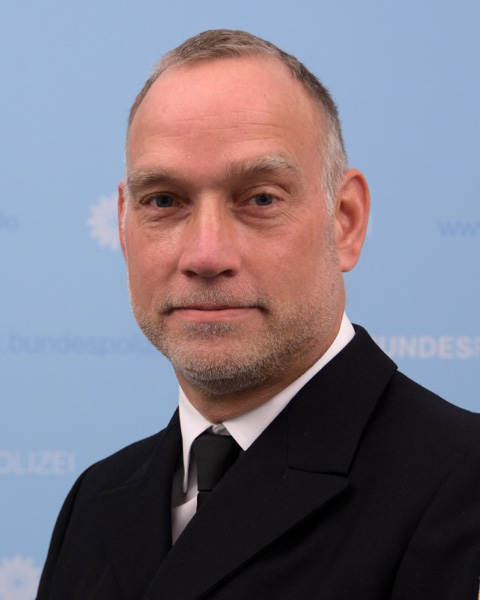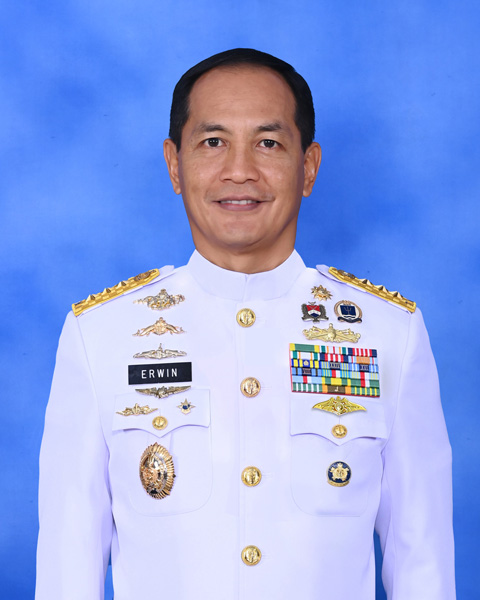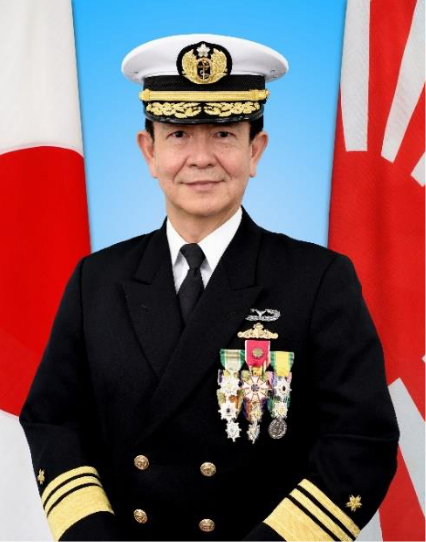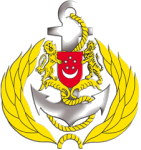Overview
The present global world order is increasingly under strain from great power contestation, exacerbating political uncertainty and national security concerns. Amidst these developments, regional geopolitical competition, unilateral responses to competing maritime interests and challenges to good order at sea continue to be of concern to regional maritime stakeholders. These challenges include the damaging effect of various maritime security threats such as piracy armed robbery and other maritime crimes perpetrated by non-state actors in this region and beyond, and some new and growing problems emerging from new technologies and domains such as the undersea environment and in the cyber realm.
In such an environment, safeguarding seamless maritime connectivity and navigation becomes ever more vital to Southeast Asia’s sustained development and security. There is therefore growing imperative to preserve a rules-based maritime order by continually promoting an inclusive maritime region founded upon international rules and norms. To effectively create avenues for collaboration and enhancing mutual understanding, inclusive dialogue between all maritime domain stakeholders to facilitate better understanding of current geopolitical developments remains crucial.
The 9th International Maritime Security Conference brought together maritime practitioners, academics, policymakers, and stakeholders to share their thoughts on how, as a maritime community, we could work together to ensure an open and secure maritime domain.
-
Panel 1:
Geopolitical Developments and their Maritime Consequences
-
Panel 2:
Mutual Cooperation and Collaboration in Pivotal Times
-
Panel 3:
Understanding New Developments and Their Impact on Contemporary Maritime Issues
our speakers
Programme
Opening Remarks
Rear Admiral Sean Wat
Chief of Navy, Republic of Singapore Navy
Panel 1: Geopolitical Developments and their Maritime Consequences
Moderator
Professor Tommy Koh
Former President, UN Conference on the Law of the Sea
Speaker
Dr Rizal Sukma
Senior Fellow, Centre for Strategic and International Studies, Jakarta
Dr David Finkelstein
Vice President and Director, China and Indo-Pacific Security Affairs Division, Center for Naval Analyses
Dr Wu Shicun
Chairman, Huayang Center for Maritime Cooperation and Ocean Governance; and Founding President and Chairman of Academic Committees, National Institute for South China Sea Studies
Dr Sarah Kirchberger
Academic Director, Institute for Security Policy, Kiel University
Panel 2: Mutual Cooperation and Collaboration in Pivotal Times
Moderator
Professor Joseph Liow
Dean, College of Humanities, Arts and Social Sciences, Nanyang Technological University, Singapore
Speaker
Admiral Datuk (Dr) Zulhemy Bin Ithnain
Chief of Navy, Royal Malaysian Navy
Rear Admiral Garin Golding
Chief of Navy, Royal New Zealand Navy
Vice Admiral Kanchana Banagoda
Commander of the Sri Lanka Navy
Admiral Stephen T. Koehler
Commander, US Pacific Fleet, United States Navy
Panel 3: New Developments in the Maritime Domain and their Impact on Contemporary Maritime Issues
Moderator
Professor Geoffrey Till
Advisor, Maritime Security Programme, S. Rajaratnam School of International Studies
Speaker
Rear-Admiral S.M. Waddell
Deputy Commander, Royal Canadian Navy
Leitender Polizeidirektor Nils von Waaden
Head, Department for Maritime Security, German Federal Police
Vice Admiral Erwin S. Aldedharma
Vice Chief of the Indonesian Navy
Admiral Saito Akira
Chief of Staff, Japan Maritime Self-Defense Force
Closing Remarks
Ambassador Ong Keng Yong
Executive Deputy Chairman, S. Rajaratnam School of International Studies





